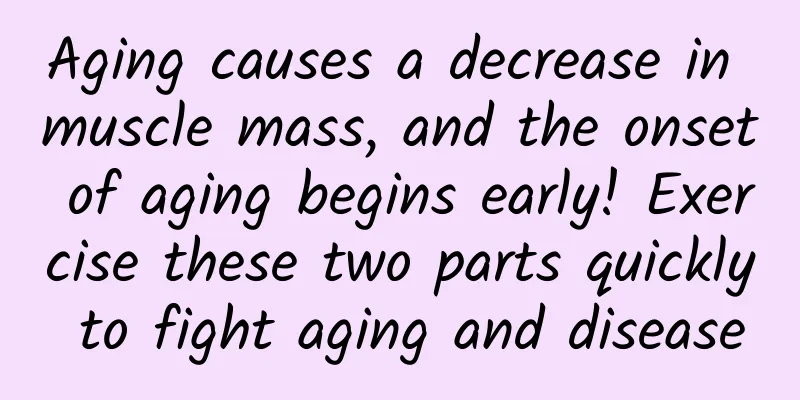What does hemorrhage mean?

|
Hemorrhage is actually a figurative term used to describe abnormal heavy bleeding during menstruation. It sounds a bit scary, right? However, this is not a formal medical term, but a folk term. Medically, we call this condition "abnormal uterine bleeding" or "functional uterine bleeding." It can make people feel very disturbed because the amount of bleeding is heavy and lasts for a long time, and it can even affect daily life and work. Why does heavy bleeding occur? There may be many reasons, including hormone imbalance, uterine fibroids, endometriosis, endometrial hyperplasia, etc. Imagine that the body is like a precision machine, and hormones are the lubricant of this machine. If there is a problem with the lubricant, the machine will not run smoothly. Similarly, hormone imbalance can cause abnormal proliferation and shedding of the endometrium, causing heavy bleeding. Many people may feel overwhelmed when faced with hemorrhage. In fact, the most important thing is to seek medical attention in time. The doctor will determine the cause through a detailed medical history, physical examination, and necessary laboratory tests. Sometimes further examinations such as ultrasound examination and endometrial biopsy may be required. Depending on the cause, the treatment method will also be different. For example, hormone therapy can help regulate hormone levels in the body, while for structural lesions such as uterine fibroids, surgical treatment may be required. In daily life, maintaining good living habits is also an important way to prevent and relieve hemorrhage. For example, a balanced diet, moderate exercise, and maintaining good work and rest habits are all helpful in maintaining the balance of hormones in the body. Regular gynecological examinations are also very important, so that potential problems can be discovered and dealt with in a timely manner. Although it may sound scary, there is no need to worry too much as long as we understand its causes and how to deal with it. Remember, a healthy lifestyle and timely medical intervention are the keys to staying healthy. I hope this article can help you better understand hemorrhage and take the right measures when necessary. |
<<: Painless uterine-preserving abortion
>>: Symptoms of menstrual bleeding
Recommend
What are the symptoms of cervical erosion in women? Reveal the 4 common symptoms of cervical erosion in women
Cervical erosion is a very common gynecological d...
Pay attention to subserosal fibroids!
Many women panic and don't know what to do af...
Postpartum abdominal belt is too tight and causes pelvic inflammatory disease
Meili is a young new mother whose baby is just on...
Fight against Hepatitis B! Only the right method can keep your liver healthy
According to statistics, more than 95% of adults ...
How to choose medical abortion or surgical abortion? See what the doctor says
The difference between medical abortion and surgi...
How is myomectomy performed? What are the procedures for myomectomy?
There are many treatments for uterine fibroids. S...
Tocopherol helps you lose weight! Musk grape seed oil has a set
If you want to lose weight, the thing you fear mo...
What causes less menstrual flow and dark color?
Small amount of dark menstrual flow may be caused...
Can I exercise if I have chocolate cyst?
People often say that life lies in exercise, whic...
What are the main causes of ovarian cysts?
The occurrence of ovarian cysts causes great harm...
How to differentiate and diagnose left ovarian cyst and what are its symptoms
Ovarian cyst is a relatively complicated disease ...
What are the preventive measures for irregular menstruation?
Irregular menstruation is one of the common probl...
Will cervical erosion cause miscarriage in pregnant women? 5 best treatments for cervical erosion
Cervical erosion is very harmful to pregnant wome...
Some women have no hair in their private parts. Is this normal? Doctors give these suggestions!
Recently, I met a very shy lady. She secretly ask...
What are the most common causes of cervicitis?
Among all diseases, the cause of cervicitis may n...









